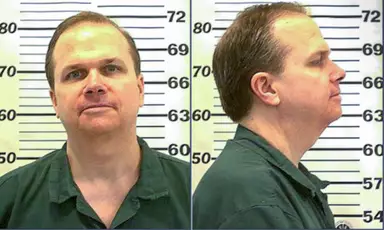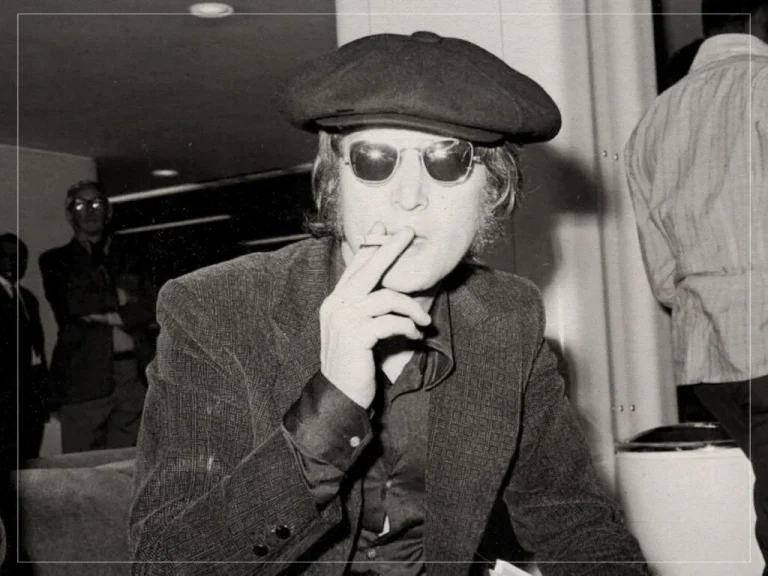
Nearly 45 years after John Lennon’s tragic death, his killer, Mark David Chapman, has finally revealed the true motivation behind the murder that shocked the world. Lennon, one of the most influential musicians of the 20th century, was gunned down outside his New York City apartment in December 1980 at just 40 years old. The shocking act left fans across the globe in mourning and forever altered the legacy of The Beatles. Chapman, who has spent over four decades in prison, recently spoke candidly about the incident during his 14th parole hearing.
In this latest hearing, Chapman admitted that his actions were driven not by ideology or hatred, but by a twisted desire for fame. He confessed that he murdered Lennon purely to “make a name for himself,” acknowledging that the killing was an act of selfishness and obsession with notoriety. For years, Chapman had claimed he was motivated by anger or disillusionment with Lennon’s lifestyle, but his recent statement strips away those justifications, exposing the crime as a calculated bid for attention.
Chapman expressed deep regret, calling his actions “despicable” and acknowledging that he destroyed not only Lennon’s life but also his own. He described feeling haunted by his choices and said that he now fully understands the pain he caused Lennon’s family, friends, and millions of fans worldwide. Despite his repeated apologies, parole boards have consistently denied his release, citing the severity of his crime and ongoing public outrage.
The confession adds a grim layer of clarity to one of the most infamous crimes in music history. Lennon’s death has long been a source of sorrow and fascination, sparking countless theories about Chapman’s motives. His latest admission confirms what many suspected—that fame, not ideology, was the driving force. It also reignites debate about how society treats celebrity and the dangerous allure of infamy.
As the 45th anniversary of Lennon’s murder approaches, his legacy remains untarnished by the circumstances of his death. His music, message of peace, and influence continue to inspire generations, standing in stark contrast to the senseless act that ended his life. Chapman’s confession may offer a final piece of truth, but it also underscores a timeless tragedy—how one man’s craving for recognition silenced one of the world’s greatest voices.






